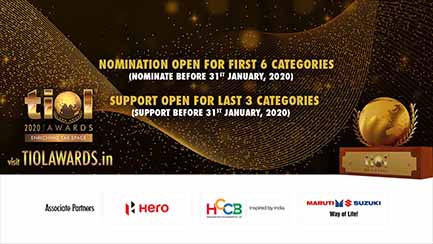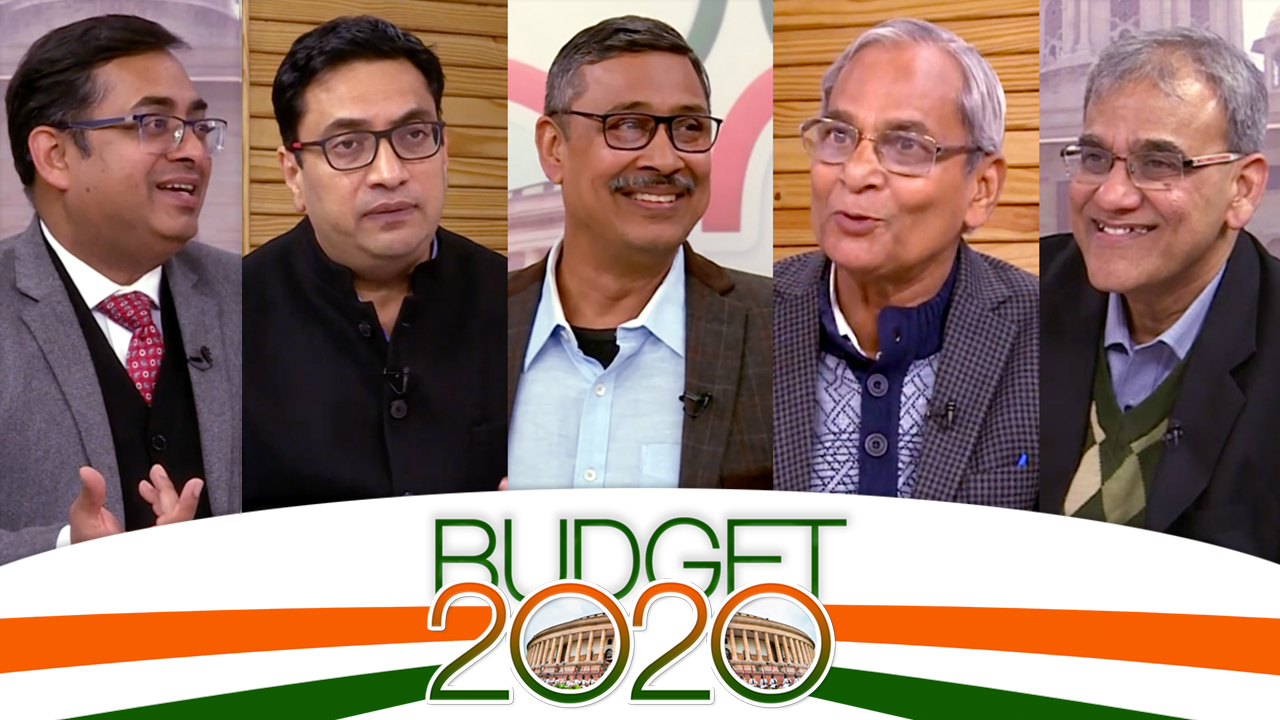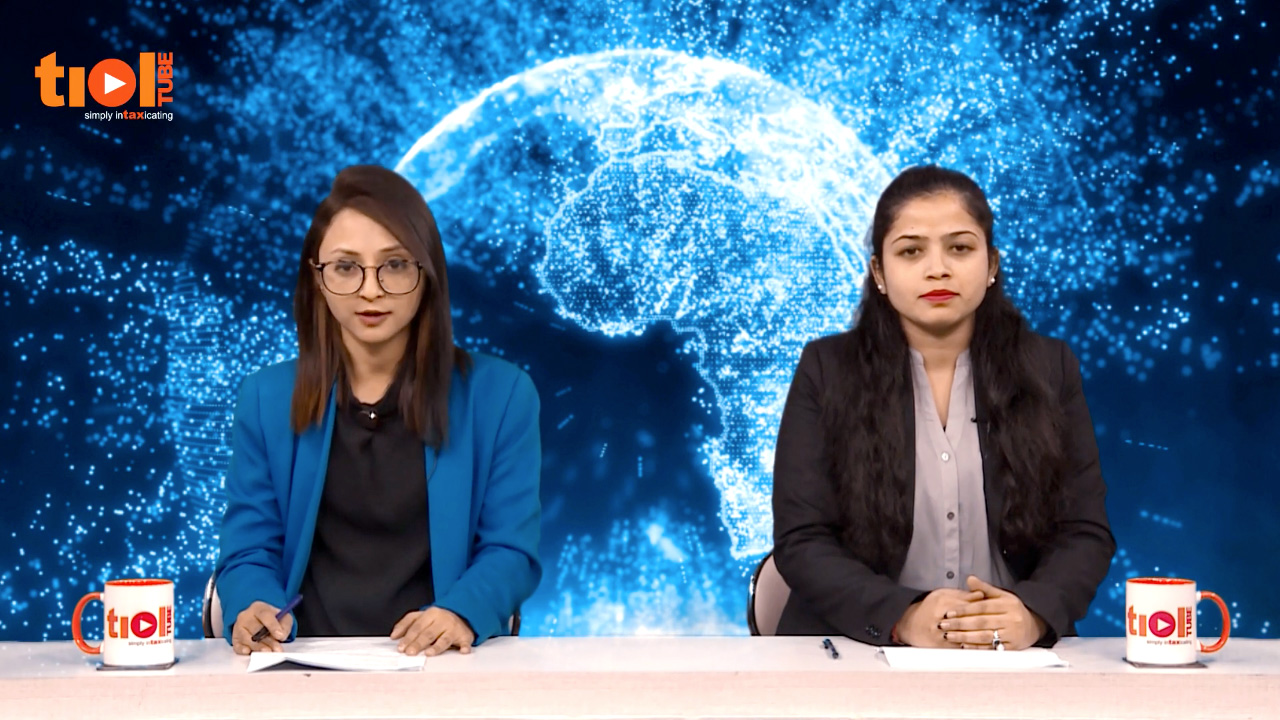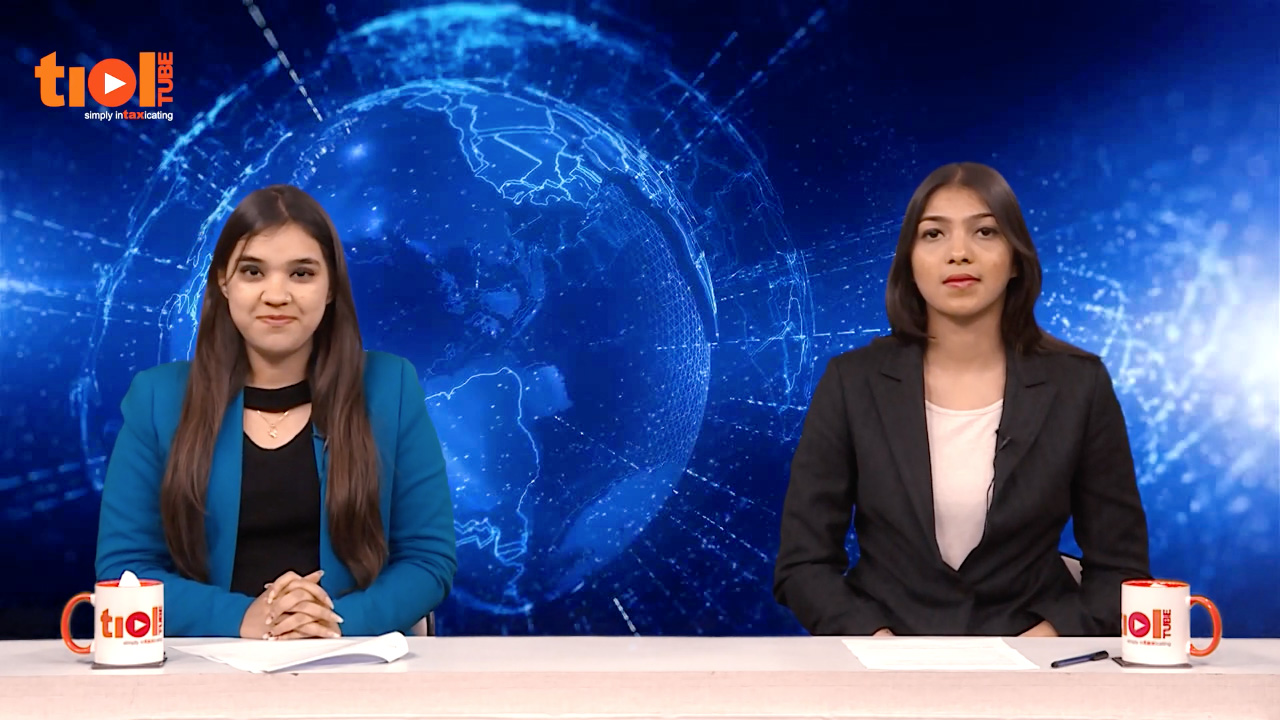|
SERVICE TAX 2020-TIOL-83-CESTAT-HYD
Rama Mohana Rao and Company Vs CC, CE & ST
ST - The assessee is a C&F Agent for M/s Hindustan Lever Ltd (HLL) and are discharging service tax - Revenue has received intelligence that the assessee was not paying service tax on the entire consideration for service received by them and accordingly summoned officials of assessee as well as of M/s HLL, recorded statements, obtained information and arrived at a conclusion that they have not discharged full service tax - Accordingly, SCNs were issued - The short point to be decided is whether the assessee is liable to pay service tax on various amounts on which they had not discharged service tax - It also needs to be determined whether extended period of limitation can be invoked and whether penalties can be imposed - As regards to Handling expenses, this amount has been paid for primary handling namely unloading at the depot and secondary handling i.e. loading into the trucks from the depot - The job of a C&F Agent includes receiving, storing and dispatching the goods - Needless to say receiving and dispatching would involve unloading and loading of trucks for the purposes - It is not in doubt that these activities are undertaken at the depots which are the place of operation of assessee - These charges form part of consideration for C&F Agent services - In fact, from 01.04.2005, the assessee themselves have been paying service tax on these charges - No reason found for them to have not paid service tax for the period prior to this date - The demand to this extent has to be confirmed - As regards to Miscellaneous expenses towards electricity, telephone and electrical maintenance of the depots, as per the C&F Agent agreement, the responsibility of assessee does not extend to keeping and managing their godowns - The godowns are provided by HLL - The service rendered by assessee is only the operation of such godowns - Electricity, electrical maintenance, sweeping of godowns are directly relatable to maintenance of such premises which belong to M/s HLL - Instead of M/s HLL undertaking these activities, assessee is doing these jobs and claiming reimbursement from M/s HLL - These cannot form part of taxable services rendered by assessee - Therefore, the demand on this account must fail - As regards to Restacking and reconditioning expenses, these pertain to arrangement and rearrangement of goods in the depot which lie at the heart of C&F Agent's activity and do not pertain to maintenance of premises belonging to M/s HLL although this amount is paid separately to HLL - This forms part of assessable value for CFA services - As regards to EDP expenses, the computer stationery, cartridges and computer maintenance are used in the godown as is evident from agreement for the given activities of assessee as C&F Agent such as generation of invoices - Hence, these charges are essentially input expenses towards rendering of C&F agent services - Therefore, the same are includible in assessable value - As regards to Bank charges and CASM expenses, it is not clear as to what these charges specifically pertain to from the records - Therefore, no sufficient evidence found on record to say that these are input services for rendering of C&F agent services by assessee - As far as the question of limitation, it is not in dispute that assessee has not disclosed all these facts to the department and they have come to light only on investigation/audit/ enquiries by the department - It is true that assessee had filed service tax returns but these did not reflect the full and true value of the amounts received by them for rendering the services - However, Tribunal do not find anything in the SCN to justify the allegation of suppression "knowingly and consciously with an intent to evade" - Hence, no sufficient grounds found to invoke extended period of limitation - As far as the imposition of penalties are concerned, during the period, Section 80 was in vogue and hence invoking this provision, the penalties are set aside - In conclusion, the demand on handling expenses, restacking/reconditioning expenses, EDP expenses within the normal period of limitation made in the impugned order are upheld and the remaining demands are set aside - All penalties are set aside invoking Section 80 - The matter is remanded to the original authority only for the purpose of calculation: CESTAT
- Appeal partly allowed: HYDERABAD CESTAT
CENTRAL EXCISE
2020-TIOL-84-CESTAT-KOL
Maan Steel and Power Ltd Vs CCGST & CE
CX - The issue at hand in the present case pertains to the availment of credit for the relevant period on items such as MS Angles, Channels, Beams, Plate, Welding Electrodes, Paints and Lubricants used in the fabrication of plant and machinery and for smooth functioning of such plant - Duty demands were raised for reversal of such credit.
Held - Perusal of the O-i-A shows that the Commr.(A) has not proceeded on the basis of consumption certificate issued by the Chartered Engineer only on the premise that the quantity of tonnage of steel mentioned in the Certificate cannot be equated with the monetary amount of confirmed amount of demand - The Commr.(A) does not dispute the usage of steel items in the installation of Plant and Machinery - The CA also confirmed the excess availment of credit - The Chartered Engineer had duly certified the detailed use of steel items in the fabrication of plant/machinery - Besides, the Revenue did not dispute the correctness of the Chartered Engineer's Certificate and Chartered Accountant's Certificate - Hence relying on the same, cenvat credit merits being allowed - Regarding the balance disputed Cenvat Credit on Welding Electrodes, Paints and Lubricating Oil, the Commr.(A) disallowed the credit on the premise that the same are not mentioned in the Chartered Engineer's certificate - Regarding credit availment on welding electrodes, the issue is no longer res integra and stands settled in various cases that credit is allowed on Welding Electrodes as inputs/capital goods for used in fabrication or repair of plant/machinery - Regarding credit on lubricating oil and paint, such items were specifically covered under the definition of input u/r 2(k) of the CCR 2004 upto 31.03.2011 - Besides, the scope of input was enlarged w.e.f. 01.04.2011 so as to allow credit on all goods used in the factory by the manufacturer unless the same falls under the exclusion clause - As nothing on record exists to show that the goods were not used in the upkeep and smooth functioning of the plant & machinery, the cenvat credit merits being allowed: CESTAT
- Assessee's appeal partly allowed: KOLKATA CESTAT
CUSTOMS
2020-TIOL-89-HC-P&H-CUS
Super Oil Company Vs UoI
Cus - Petitioner filed a Bill of Entry on 30.06.2011 importing one consignment of "PDO", which was detained by the Customs Authorities, doubting the description of the goods as "PDO" - Samples in terms of Section 144 of the Customs Act, 1962 were drawn and sent for testing to two different laboratories, namely, Punjab Tent House and CRCL, New Delhi - Upon receipt of test report dated 14.07.2011 from the Punjab Tent House confirming the material as PDO, the Proper Officer provisionally assessed the Bill of Entry and the goods were cleared after payment of duty based on such provisional assessment. Subsequently, a report dated 24.08.2011 was received from the CRCL, New Delhi, with the observation that there was no specification of "PDO" available with them - Later, DRI on 28.01.2013, searched the residential and business premises of the petitioner and drew samples of the said goods on 12.02.2013 for testing by CRCL, New Delhi, which vide its subsequent report dated 14.03.2013 reported that the samples had the characteristics of "Base Oil" - accordingly, SCN dated 07.02.2014 was issued for mis-declaration of value and description of goods, inviting payment of duty on the value of Base Oil and penalty under Section 112 of the 1962 Act, thereby finalizing the assessment - Till date, concededly, no order of adjudication has been passed - Petitioner is, therefore, before the High Court and contends that this issue stands covered by the judgment of this Court in case of M/s. Harkaran Dass Vedpal - 2019-TIOL-1591-HC-P&H-CUS , whereby it has been held that the Custom Authorities cannot adjudicate a Show Cause Notice beyond a period of five (05) years from the date of Show Cause Notice and in case of the Show Cause Notice pending on 29.03.2018, the Proper Officer in view of the amended provisions was bound to pass an order within one year, i.e. on or before 28.03.2019, unless the period had been extended in terms of Section 28(9) or section 28(9A) of the 1962 Act, and, concededly, no such extension has been made and, therefore, it is claimed that show cause notice would lapse.
Held: Present petition has to succeed on the following two counts, one, that the DRI or the Custom Authorities, after the imported goods had been cleared from the custom area, had no authority to draw fresh samples on 28.01.2013 of such cleared imported goods from the factory premises in view of the provisions of Section 144 of the 1962 Act, and as held in the judgement M/s. Raghav Woollen Mills Pvt. Ltd. - 2020-TIOL-79-HC-P&H-CUS and secondly, in the absence of any extension of time after expiry of one year w.e.f. 28.03.2018 for adjudication on the Show Cause Notice dated 07.02.2014, either under Section 28 Sub Section (9) or 9(A) of the 1962 Act, the impugned Show Cause Notice has lapsed for the reasons recorded by this Court in M/s. Harkaran Dass Vedpal's case (supra) - present petition is allowed and the impugned Show Cause Notice dated 07.02.2014 is hereby quashed: High Court [para 4]
- Petition allowed: PUNJAB AND HARYANA HIGH COURT
2020-TIOL-82-CESTAT-BANG
Kuruwa Enterprises Vs CC
Cus - Appellants have filed these appeals against impugned order whereby the Commissioner has rejected the request of appellants for no objection certificate for claiming MEIS by amendment of reward option from 'No' to 'Yes' in shipping bills - The Commissioner has failed to notice that the appellants have declared their intention to claim MEIS benefits in two cases out of three cases, the shipping bills which have been produced on record - The only lapse on the part of the appellant was that they have mentioned in the reward column as 'N' instead of 'Y', which is only a procedural defect - Otherwise the appellant is entitled to claim MEIS benefit as per the export policy - Failure to mention 'Y' in the reward column of the shipping bill for availing the benefit under MEIS scheme can be corrected by amending the shipping bill as held by Madras High Court in case of Pasha International - 2019-TIOL-373-HC-MAD-CUS - Further, Delhi High Court in case of Kedia (Agencies) Pvt. Ltd. - 2017-TIOL-08-HC-DEL-CUS has also allowed the amendment even in a situation where there was no declaration of intention whereas in the present case, the appellants have made the declaration on the front page of shipping bills regarding their intention to claim the MEIS benefit except in the case of M/s. Kuruwa Enterprises - Further, the other ports have allowed the amendment of shipping bill in identical situation - The issue is squarely covered by the decision of Tribunal rendered in case of M/s. N.C. John & Sons Pvt. Ltd. and by the judgment of Kerala High Court in Mangalath Cashews & Ors. - Rejection of request for amendment of shipping bills by Commissioner is not sustainable in law and the Custom Authorities are directed to allow the amendment in shipping bills as per the request of appellants on production of certified copy of this order: CESTAT
- Appeals allowed: BANGALORE CESTAT | |








